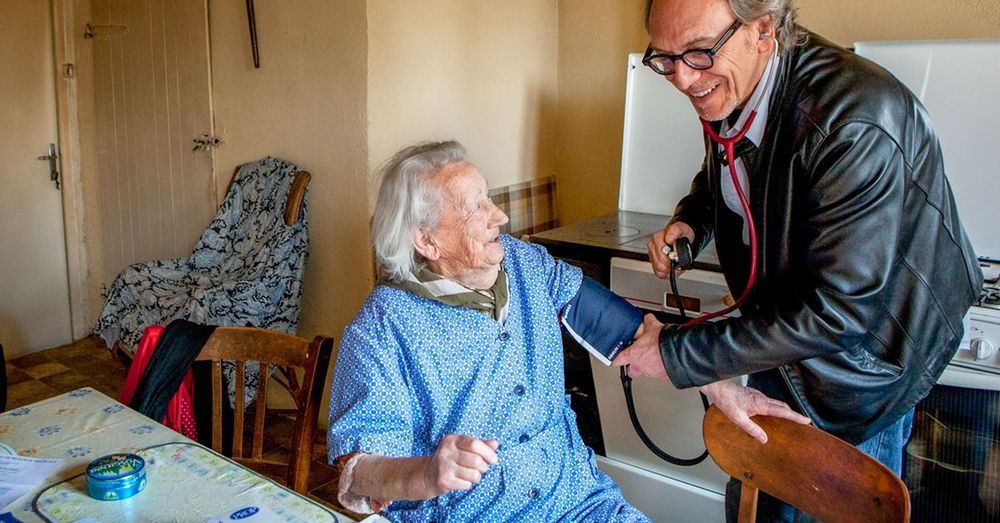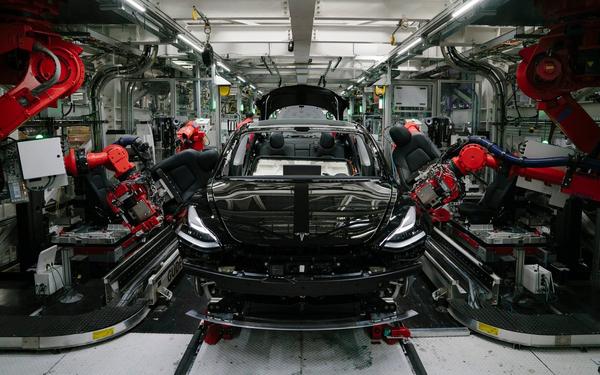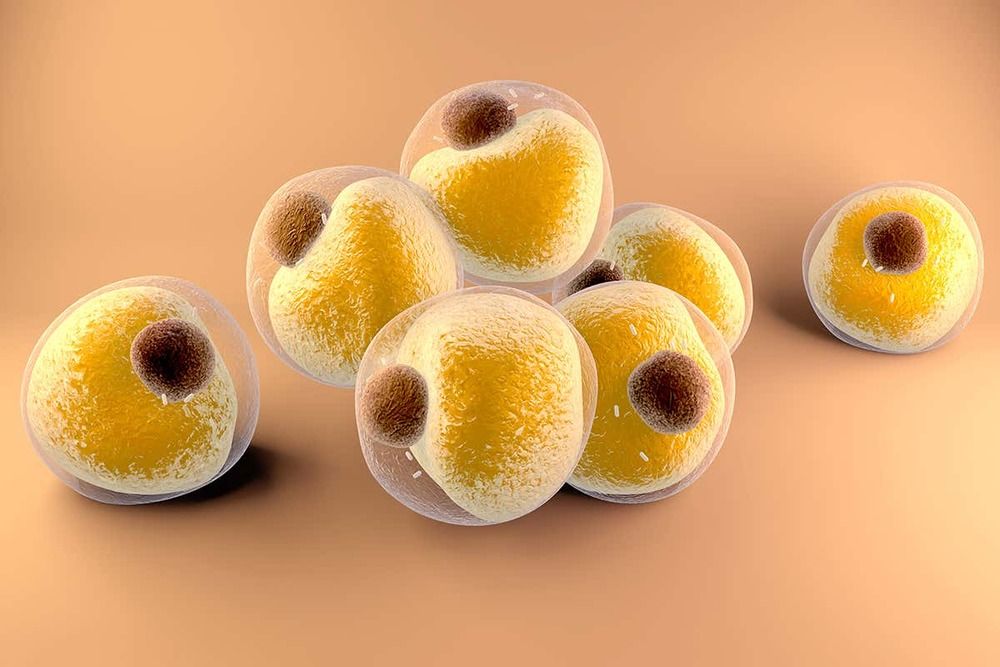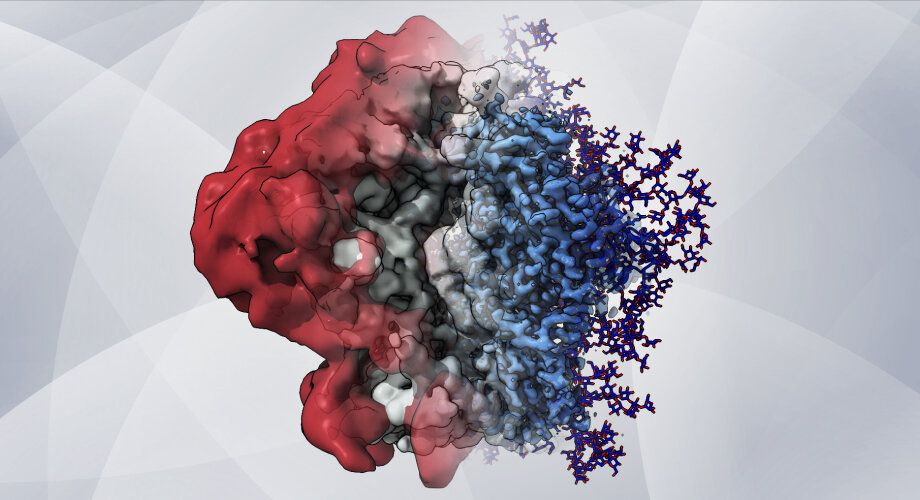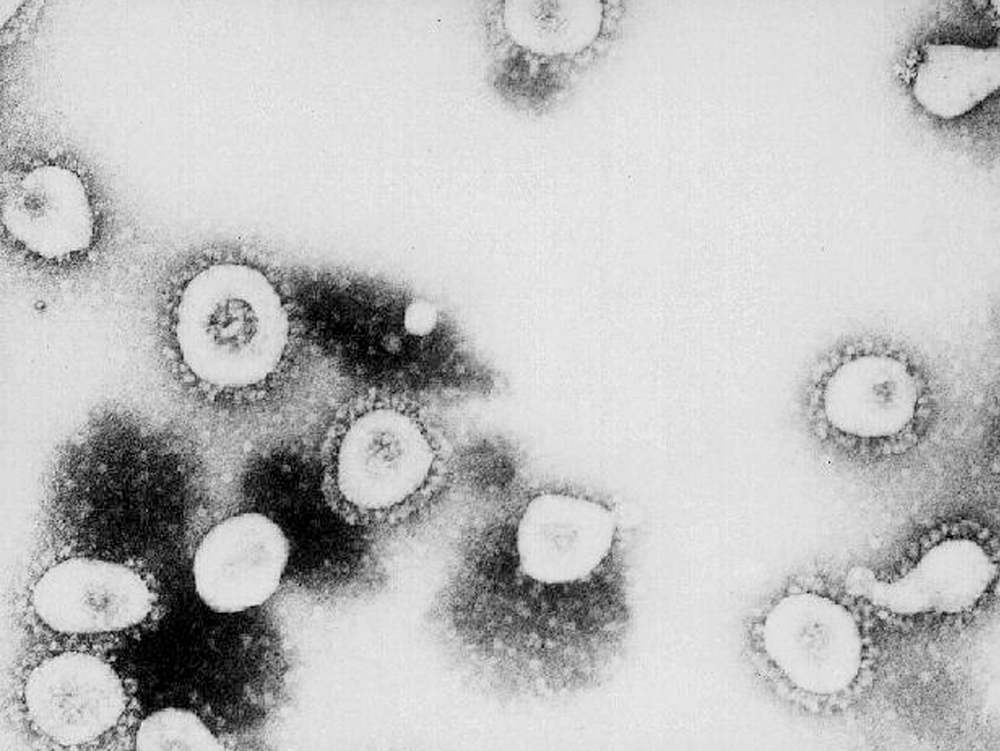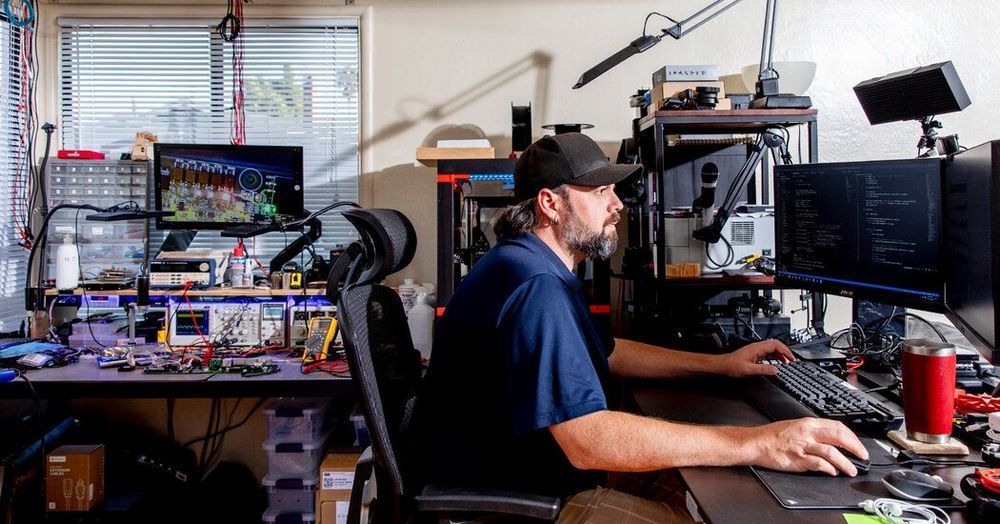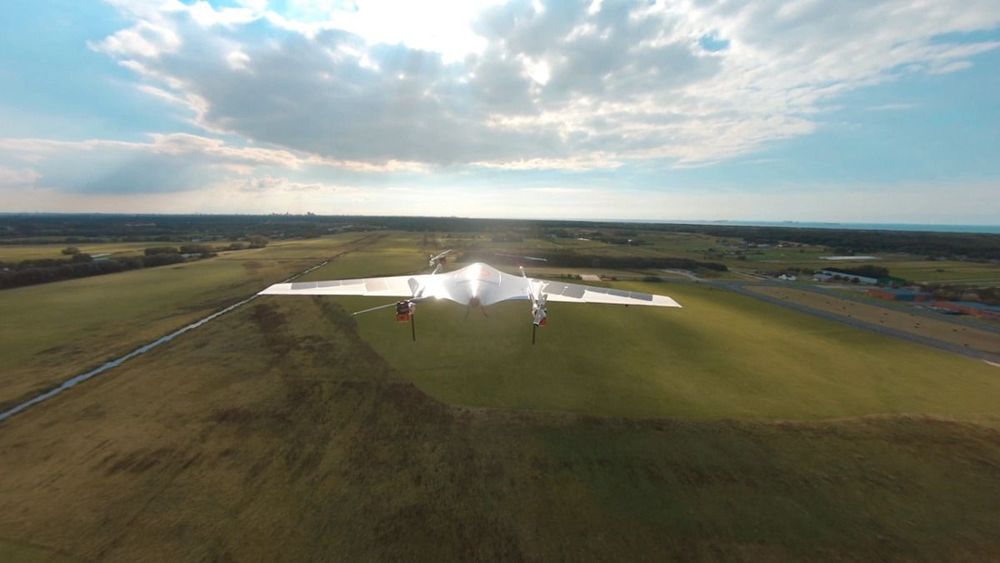Oct 24, 2020
Happiness and the Evolution of Brain Size
Posted by Genevieve Klien in categories: biotech/medical, evolution, genetics, neuroscience
Summary: Study reveals a new role for serotonin in the development of the human neocortex. Serotonin acts cell-extrinsically as a growth factor for basal progenitors in the developing neocortex. Researchers report placenta-driven serotonin likely contributed to the evolutionary expansion of the neocortex in humans.
Source: Max Planck Society
During human evolution, the size of the brain increased, especially in a particular part called the neocortex. The neocortex enables us to speak, dream and think. In search of the causes underlying neocortex expansion, researchers at the Max Planck Institute of Molecular Cell Biology and Genetics in Dresden, together with colleagues at the University Hospital Carl Gustav Carus Dresden, previously identified a number of molecular players. These players typically act cell-intrinsically in the so-called basal progenitors, the stem cells in the developing neocortex with a pivotal role in its expansion.

